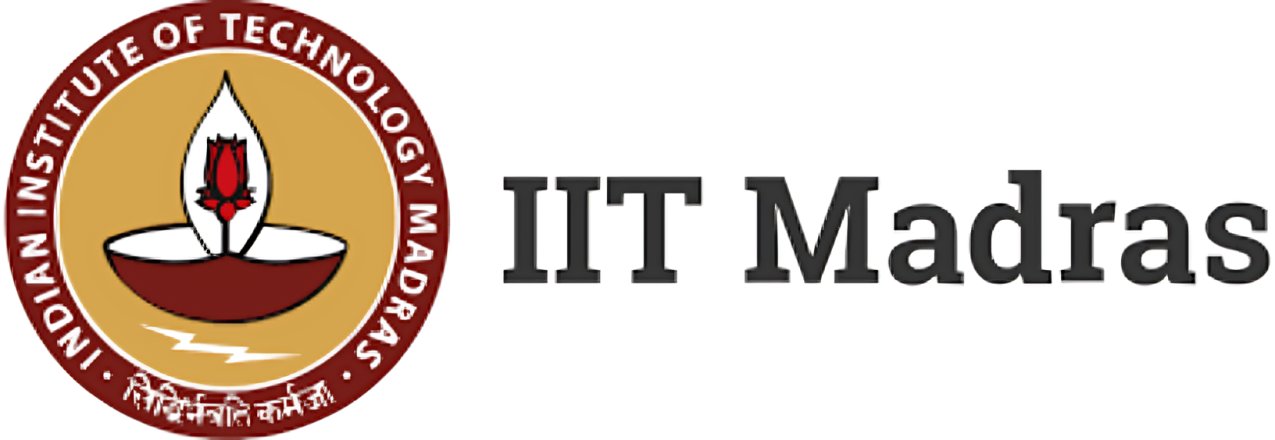IoE-CoE on Virtual Reality and Haptics,also known as Experiential Technology Innovation Center (XTIC), IIT Madras is pleased to announce the next lecture in our Seminar Series, to be delivered by Prof. Prabha Sundaravadivel, University of Texas, Tyler
Title : Internet of Medical Things for assistive technologies in rural smart cities
Date/Time : 13-05-2022 @11.00am
Venue: MSB-112
Speaker: Prof. Prabha Sundaravadivel, University of Texas, Tyler
Abstract:
The term ‘Smart city’ refers to the combination and integration of information and communication technologies (ICT) that can be used to manage a city’s resources and services efficiently. The basic framework of the smart city includes sensors and support technologies that gather information about the urban areas in which they are deployed. The Internet of Medical Things (IoMT) is a network of identifiable interconnected medical devices including sensors and actuators, that can communicate with each other. The use of wearable sensors for monitoring our daily activities has become inevitable in today’s world. The increasing trend of using wearable sensors for monitoring various physiological signals has helped researchers to advance the research in the development and application of wearable computing systems. Though the number of connected devices has been on constant rise, the rural areas have limitations in terms of connectivity, and lack of resources as compared to urban communities.
Motivated by the opportunities of integrating technology in everyday life and to address the health disparities, our research in assistive technology is focused on solutions for mobility-related disabilities, cognitive and speech impairments due to aging, drone-based navigation assistance, and real-time negative emotion monitoring. The research in developing these frameworks can be classified based on the type of application, target age group, population, demography, and end outcomes. We integrate sensors, soft robots, and systems to develop effective cyber physical systems that can acquire data, process it, and provide feedback to the user. Some of our on-going projects include the design of soft robotic glove for rehabilitation; integration of wearable technology and mobile application for real-time Cognitive Behavioral Therapy to improve mental health outcomes; reconfigurable frameworks to assist in mobility related disabilities. This presentation will focus on the challenges in the design and implementation of such assistive technologies that are used for improving the physical and mental health outcomes of the target group of citizens. About the Speaker:
Dr. Prabha Sundaravadivel received her Ph.D. Degree in Computer Science and Engineering at the University of North Texas, Denton, Texas in 2018. Currently, she is with the Department of Electrical Engineering at the University of Texas at Tyler (UT Tyler) since Fall 2018. She manages an interdisciplinary diverse group of Graduate, Undergraduate and High School student researchers as the Director of Intelligent Systems Laboratory (ISL) at UT Tyler. Her research interests are focused on developing Application-specific architectures for Smart healthcare and Smart Cities, Affective computing for healthcare, Real-time underwater sensing, Edge-Intelligent Embedded Systems, Reconfigurable Computing, and Soft Robotics. She has been involved in outreach activities in the east Texas to broaden the participation in STEM. Her research group has funded projects from Industry, National Science Foundation and office of research at UT Tyler. She founded the student organization, “IoT Students Club”, to improve the implementation skills of Undergraduate students. She has been recognized as a “Faculty Scholar” in Grace Hopper Celebration for Women in Computing, 2019 and received, “Teaching & Learning Award 2019”, for introducing innovative teaching techniques in the Undergraduate Curriculum.

